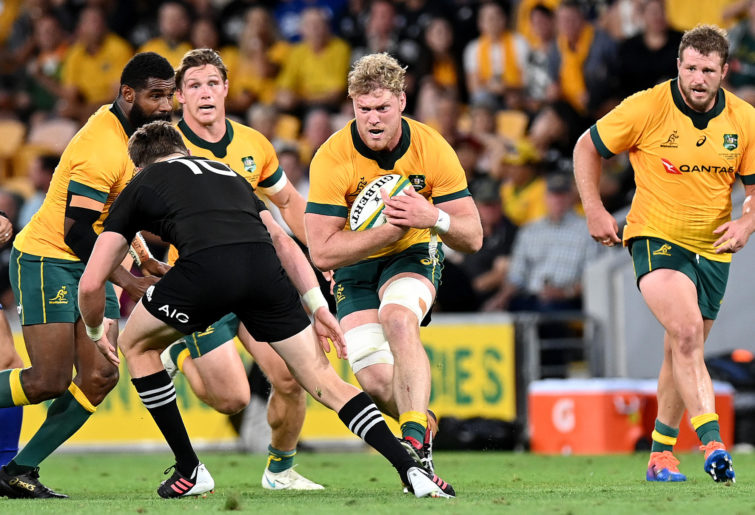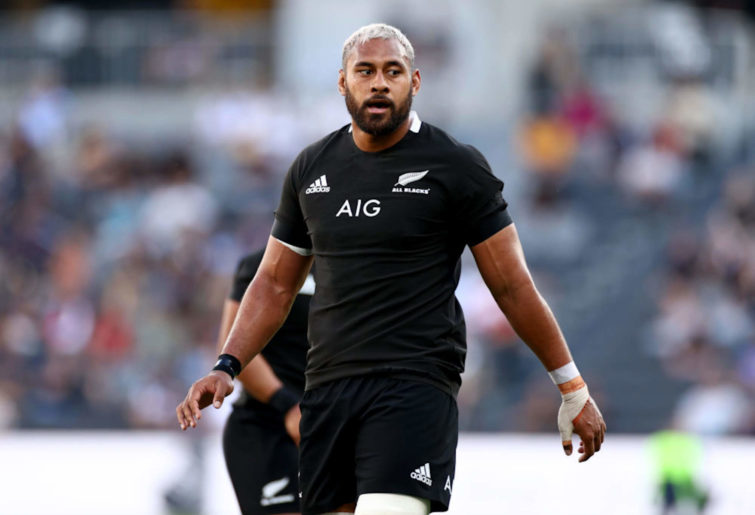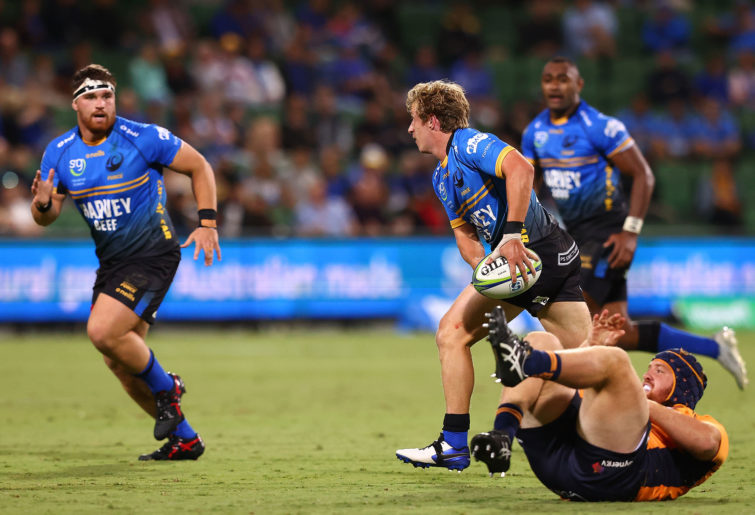Is rugby really a classist and elitist sport?
The recent floggings of Australian Super Rugby teams by the polished New Zealand outfits re-invites the perennial idea that rugby union is not popular enough in Australia to compete with league, AFL and cricket.
Whilst there are plenty of enthusiastic rugger-loving Australians as documented on The Roar, the same national pride and interest about the Wallabies in comparison to the baggy green, league derbies and AFL is nowhere near as passionate since 2003. Given how proud and competitive Australia is as a leading sporting nation, after cricket, rugby union is the second sport Australians can boast and look forward to competing with other rival nations such as NZ, England and South Africa.
This surely should be an incentive for more citizens to be interested in an international game. The perceived lack of interest comes from a number of factors, but perhaps socio-economic and schooling are the most glaring of issues. England and Australia share some similarity in the fact that rugby union is associated with big public schools and a game manipulated by the wealthy and big business. The RFU and RA are constantly slated for being too out of touch with the working man.
The big difference is that England Rugby only competes with cricket and football for popularity, and there are countless public schools that develop and have an interest in the game of rugby. In Australia, the best rugby players are often scouted by NRL and AFL outfits. The wage competition in Australia is at a sheer disadvantage with centralised contracts being far modest in comparison to lavish salaries in the NRL and AFL.

(Photo by Bradley Kanaris/Getty Images)
Public schools across the world
A well-documented example of class and elitism in rugby is documented in the histories of all leading Tier 1 nations. In New Zealand and South Africa, rugby is a religion but there is a perfect pyramid scheme of large private schools like Grey College and Kings College developing teenagers in preparation for elite rugby.
The quality of coaching and resources in these schools means that most Kiwis and South Africans are well-prepped for third-tier (NPC rugby and Currie Cup) rugby step-ups being a small bridge. Despite this, in New Zealand particularly, the game is played in most schools which assimilates into youngsters heading into club rugby too.
South Africa post-apartheid is also welcoming and encouraging more black Africans into the game through school scholarships and a strong grassroots core. For many white South Africans and Afrikaaners, the love of rugby will never be lost with them cherishing the Springboks and viewing rugby as a national game of South Africa. For all the racial and classist complications for rugby with New Zealand and SA, they have managed (politics aside) to make rugby a more inclusive game in their countries — New Zealand has achieved this partly through endorsing and embracing Maori, native and Pasifika cultures around rugby and national identity, while SA post-apartheid has gradually improved race relations and non-white inclusion in the game.

(Photo by Cameron Spencer/Getty Images)
Whilst New Zealand and SA have rugby as a national game, in England, rugby is associated as a game of the middle-upper class much like in Australia. In 2015, 21 of England’s World Cup squad attended private schools. Much of Twickenham’s (non-existent) atmosphere is heralded of old boys and their families with deep influence in business, politics and other corporate lifestyles in the country.
Australian stadiums may not be filled with these types of fans, but looking at their recent squads for Rugby Championships and the World Cup, most are dominated by GPS schools and other Sydney schools, the areas where rugby is popular at the school level is met with an abundance of cash-strapped league clubs ready to lure leading union schoolboys.
Therefore, the combination of rugby in Australia mainly being confined to public schools (sources say 16-35 per cent of the student population attend fee-paying schools) and the inability of rugby to financially compete with NRL and league means that while there may be vowing interest in bettering the Wallabies, it is a tougher system to produce a sustainably competitive Australian outfit.
Some may say that given how minor rugby is in comparison to other sports down under, it is perhaps an accomplishment that the Wallabies can regularly match and beat the All Blacks and South Africa despite not having much success in the Bledisloe for 18 years.
What can be done?
Like it or not, rugby does have a glaring class issue, none so more apparent in England and Australia. However, the reform is not just limited to grassroots and schooling, which is the first thing to revamp. Queensland and NSW will have enough appetite for rugby with GPS, Shute Shield and other grade club competitions proving popular among locals.
However, South Australia (AFL haven) and Western Australia (genuine grassroots success with Force and plenty of British/South African expats) must be targeted in a manner different to the failed Melbourne Rebels project.

(Photo by Paul Kane/Getty Images)
Investing in these communities should be nurtured with bettering the elite coaching scheme in these areas and Super Rugby franchises — another big difference between the Kiwis and Aussies in Super Rugby and Test level is the kicking game and scrummaging — Australia has enough talent to create a classy team but for me these areas of detail are lacking. Once competent coaches are in place and this is properly developed from Test to club and schoolboy level, then the quality of a smaller playing pool can be maximised.
At the school level, it is easy to say that more schools should be encouraged to play union instead of/alongside League. Perhaps schools could coach both if possible to field a team or even launch skill sessions and workshops for League players to be able to adapt into union strategies. More importantly, the NRC needs to be bettered quality-wise or scrapped — the way I see it is a radical suggestion for Super Rugby.
Privatisation of club franchises should be allowed to bring the money at the top of the Rugby AU and into elite club and grassroots levels to allow clubs to boost their budgets for training/coaching resources, overseas player recruitments and to allow academies into schoolboy levels. Whilst this may not commercially be popular than the NRL/AFL/Big Bash, a breath of fresh air would be installed with big name drafts and a lack of financial dependence on RA.
Furthermore, there would be less of a player drain to Japan, France and the UK with more cash to be made in Australia. Like NZ’s inclusion and cultural relationship with the Maori and Pacific Islander population, there is a market for Australia to do the same.
Some of its best Wallabies have come from Pacific Island and Indigenous heritage. A franchise club embracing the Indigenous areas or culture would be a boost for the social values that rugby has. Australia benefits in all facets of the world from a multi-racial and multi-ethnic population.
Original source: https://www.theroar.com.au/2021/06/04/is-rugby-really-a-classist-and-elitist-sport/
https://therugbystore.com.au/is-rugby-really-a-classist-and-elitist-sport/
Comments
Post a Comment